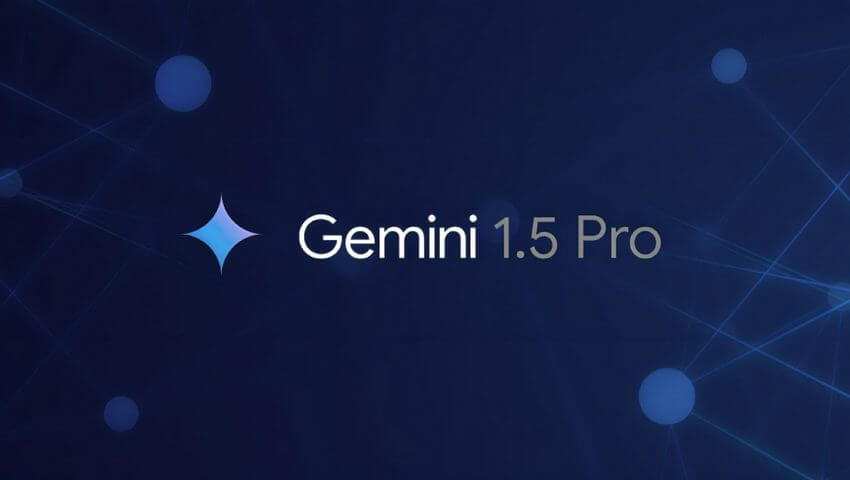
Google has announced important updates to its Gemini models, aimed at making the capacities of advanced AI more accessible and more profitable for developers around the world. Two new models ready for production: Gemini-1.5-Pro-002 and Gemini-1.5-Flash-002, have major speed and performance improvements.
Key updates:
- Price reduction: A 64% reduction in entry tokens prices, 52% of the output tokens and 64% in tokens in incremental cache for Gemini 1.5 Pro.
- Increase in rate limits: The rate limit of 1.5 flash doubled at 2,000 rpm, and for 1.5 pro, it almost tripled to 1,000 rpm.
- Improved speed: The Gemini models now offer a faster 2x output and 3x lower latency, which facilitates the implementation of high performance developers in real time.
The Gemini 1.5 series is designed for a wide range of tasks, including text, code and multimodal applications. These models can manage large entries such as 1,000 -page PDFs and one -hour videos, offering improved performance in key areas:
- An improvement of 7% of the MMLU-Pro reference, which assesses the understanding of the AI.
- An improvement of 20% of complex mathematical tasks such as mathematics and hiddenmath.
- Better results for visual understanding and generation of Python code.
Responding to developers' comments, the Gemini 1.5 models now generate more concise exit – approximately 5 to 20% shorter than previous versions. This is particularly useful for the summary and extraction of information, reducing global costs while maintaining clarity and precision.
The new models are delivered with updated safety filters, allowing developers to personalize them according to specific needs. The default filters have been adjusted to balance the compliance and safety of user instruction.
An improved experimental version, Gemini-1.5-Flash-8B-Exp-0924, was also published. This model includes significant upgrades in text and multimodal capacities and is available via Google AI Studio and the Gemini API.
These latest improvements make Gemini 1.5 models faster, more profitable and better suited to a wide range of applications. Developers can access these models for free via Google Ai Studiowhile the largest organizations and Google Cloud customers can take them out via Vertex ai.
